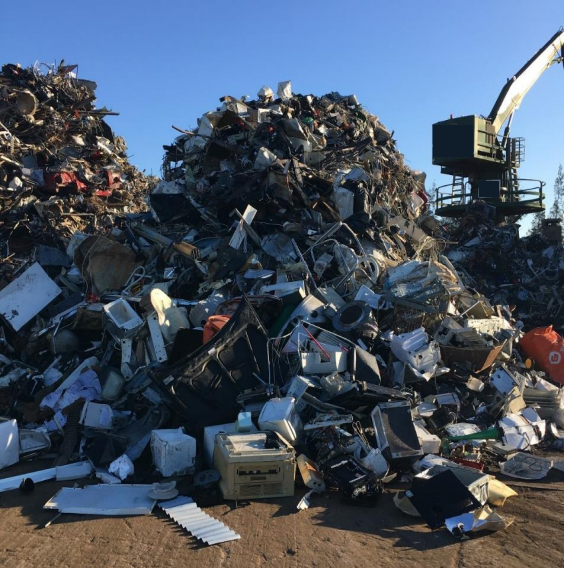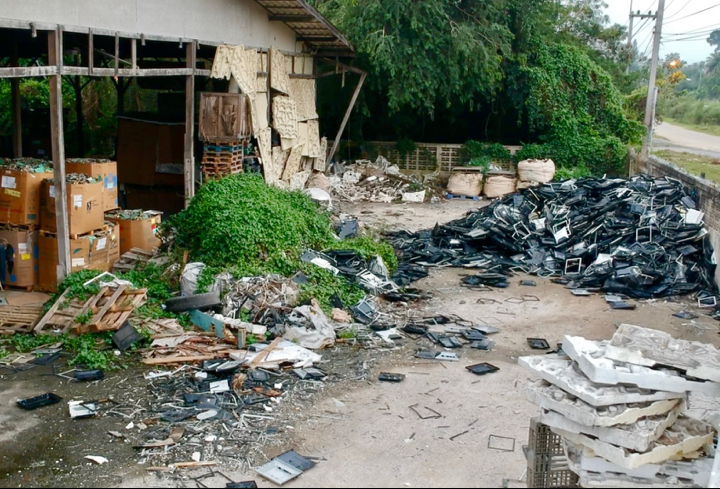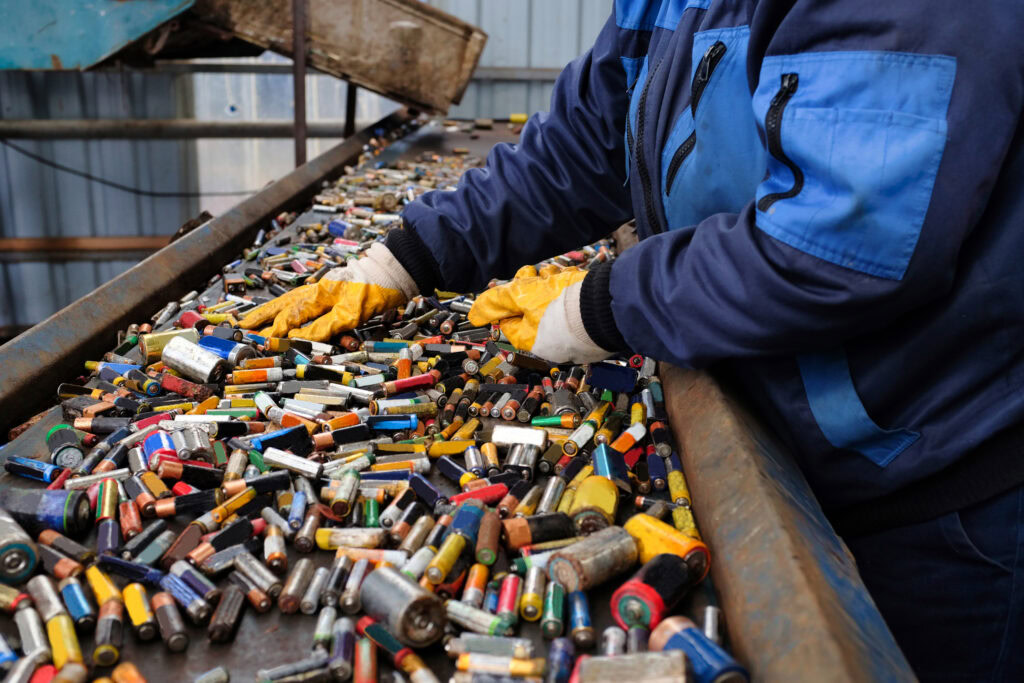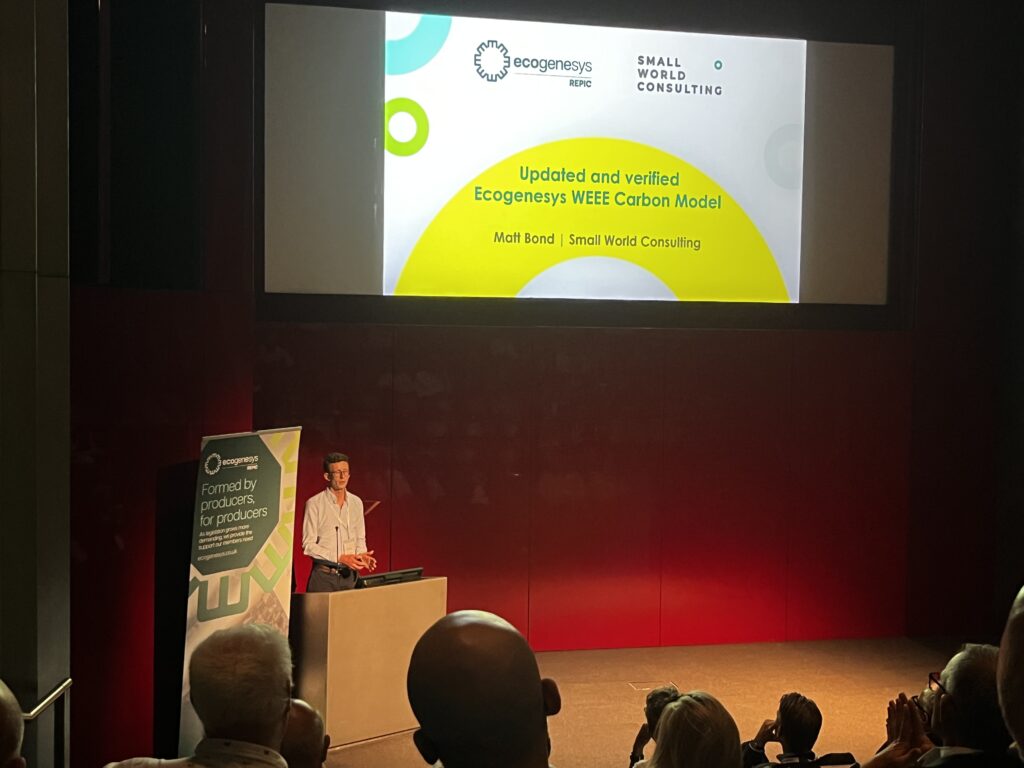The Brussels-based association says metal scrap containing WEEE must be treated and processed by facilities that are officially permitted or certified to do so.

Competent authorities must develop targeted, systematic enforcement actions to identify facilities that treat WEEE as scrap and penalise them, the WEEE Forum says.
The WEEE Forum is an international association speaking for 40 not-for-profit WEEE producer responsibility organisations (PROs), including Repic and WEEE Ireland. It published a paper yesterday (6 October) outlining the issues associated with the treatment of WEEE as metal scrap and has called on the competent authorities to take appropriate action.
Lucia Herreras, deputy director general of the WEEE Forum and one of the authors of the report, said: “Due to low levels of enforcement activity, and PROs not having access to scrap facilities for data collection, reliable information on the WEEE tonnages affected by these practices is scarce.
“Finding an appropriate, harmonized methodology to collect data about how much WEEE disappears in the metal scrap stream is crucial to understand what is going on in the e-waste market.”
The full paper can be read here.
Metal scrap
The practice of collecting or purchasing WEEE and handling it together with metal scrap is a common practice in Europe and globally, the WEEE Forum says.
Research undertaken by United Nations Institute for Training and Research (UNITAR) estimated that approximately 2.1kg per inhabitant of WEEE was treated as metal scrap and not declared as WEEE in 2018 in the EU, Norway, Iceland and Switzerland.
The association claims this situation gives rise to environmental, health and safety issues because hazardous substances may not have been adequately removed or extracted.
It also gives rise to compliance issues, the WEEE Forum says, because WEEE collected and treated as metal scrap escapes the official routes that count towards reaching the collection targets set in WEEE legislation.
Thailand
Meanwhile, the Thai government has banned the import of electronic waste into the Southeast Asian country.

As of 15 September, it is officially forbidden to import 428 different types of electronic scrap into Thailand.
Akarapon Teebthaisong is the technical officer of Ecological Alert and Recovery Thailand (EARTH), an environmental research foundation. He said: “We are very happy to see this law finally in force in Thailand, but we remind the world that Thailand is still seen as the dumping ground for plastic and other wastes by brokers in Hong Kong and the US.
“Further, we must remain vigilant against actors that will ignore this new law, both inside and outside of the country.”









Subscribe for free